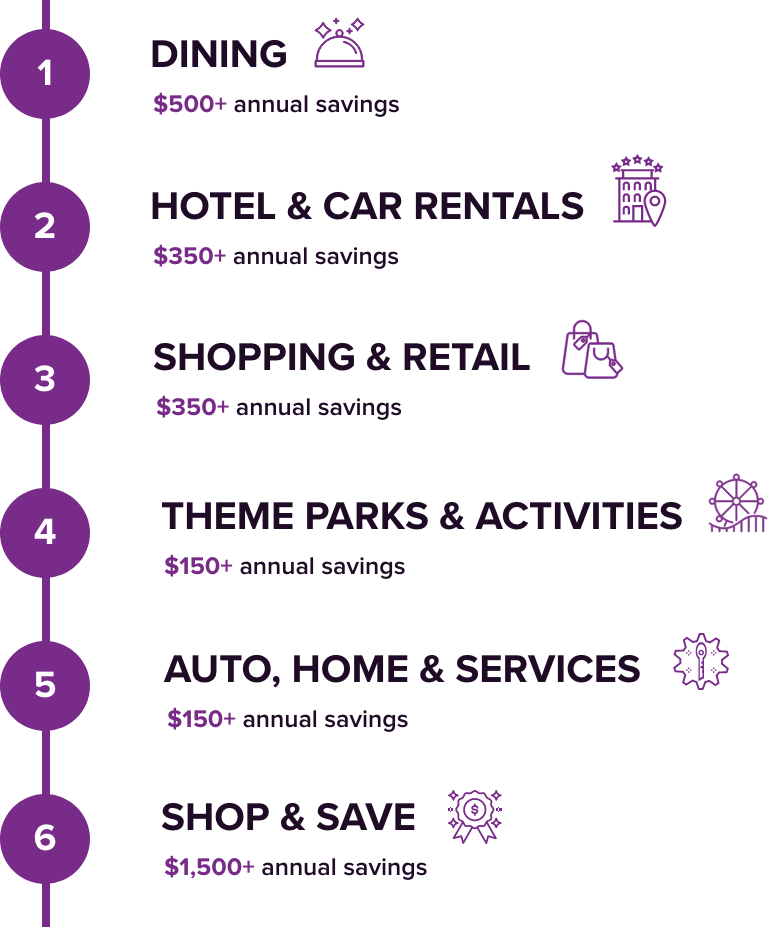Part I of II: It’s a marathon, not a sprint.
At Faith Driven ConsumerTM, you’ll find access to many different resources and information on various brands and businesses. There’s a good chance some of your favorite brands and products have already been evaluated by our grading system, the Faith Equality Index (FEI). If not, rest assured we’re constantly adding more weekly. These resources enable you to make the most informed, and hopefully the best, consumer decision for you and your family. But, YOU still have to make this decision. And, further, it’s not just one decision, but ongoing decisions due to the many different kinds of products you buy.
After you’ve done some digging as a Faith Driven Consumer, and utilized the various resources available to understand where your dollars are going and if you’re being welcomed in return, how do you actually go about the decision-making process? How do you decide, for example, whether or not to switch from Crest to Colgate toothpaste? Or better yet, should you switch to Arm & Hammer or AIM?* What if you don’t really like those toothpaste choices as much, or even at all? Then there’s the health and hygienic question of which one is actually the best (if there even is a best toothpaste). And that’s just toothpaste! Comparatively, it’s a pretty simple product, but it is just one of the many essential products you use every day.
You’re probably asking, “How in the world do I keep up with all of the decisions that being a Faith Driven Consumer entails?” It’s a fair question and can seem like a daunting task. But, before we look at how to practically approach these decisions, and in order to help prevent you from getting overwhelmed, it’s important to be reminded of a few key truths for us as Faith Driven Consumers.
First, it’s important for us to remember that we aren’t going to change the world overnight. We should be excited about the opportunity to make a difference in our culture through the choices we make. And, obviously, we at FDC believe in the importance of this goal and have a mission and vision focused on helping this succeed. But just as Rome wasn’t built in a day, neither will we transform the commercial industry overnight. Our culture didn’t turn away from traditional principles in one fell swoop. Instead, it was a gradual move away from the kinds of beliefs and values that we, as Faith Driven Consumers (FDCs), hold. Ultimately, the values our culture has adopted were established through committed and consistent voices and choices, leveraging their worldview and their interests against the marketplace to ensure they were heard. When the community of FDCs eventually succeeds in turning the tide of marketplace, workplace and culture back toward a fair and welcoming place for Christians, it will be through the same methods: commitment and consistency in our voices and our choices.
Remember: it’s a marathon, not a sprint.
Second, and even more important than the reminder above, is the warning we repeatedly see in the New Testament from Jesus himself: don’t be like the Pharisees. The Pharisees were Jewish teachers of the law who did everything “right.” They were professional Christians that always had their ducks in a row and always followed the rules. But Jesus repeatedly says, “Woe to you Pharisees.” (Matthew 23) and cautions us not to behave as they did. If we want to heed Jesus’ warning to not be a Pharisee, we have to apply this to our efforts as FDCs, as well. We have to keep the main thing the main thing and not get caught up in moral checklists and rule-following which can distract us from the most important aspects of the Christian life.
Being a Faith Driven Consumer is not about earning moral or spiritual credit through meticulously and legalistically obsessing over every decision we make, nor is it about punishing or judging others who don’t make similar decisions. Being a Faith Driven Consumer is about living out your faith – specifically your faith in the gospel of Jesus Christ – in a way that demonstrates grace and love, producing real change in our marketplace and community. If we do this, and keep the main thing the main thing, we’ll end up finding a healthy balance in how we go about stewarding our finances, supporting brands that welcome us, and fulfilling all the other responsibilities that life throws at us. Achieving this balance also enables us to avoid the temptation to become overwhelmed by unnecessary and unhealthy legalistic obligations, which can keep us from being effective in our many other faith driven activities. Consumer decisions shouldn’t feel like a burden; instead, we should see them as an amazing opportunity to make a real difference as a Faith Driven Consumer and as an agent for the gospel.
* FEI scores of brands mentioned above can be found here: https://faithdrivenconsumer.com/review/
-
Crest (Proctor & Gamble): Incompatible
Colgate: Acceptable
Arm & Hammer, AIM (Church & Dwight): Compatible

